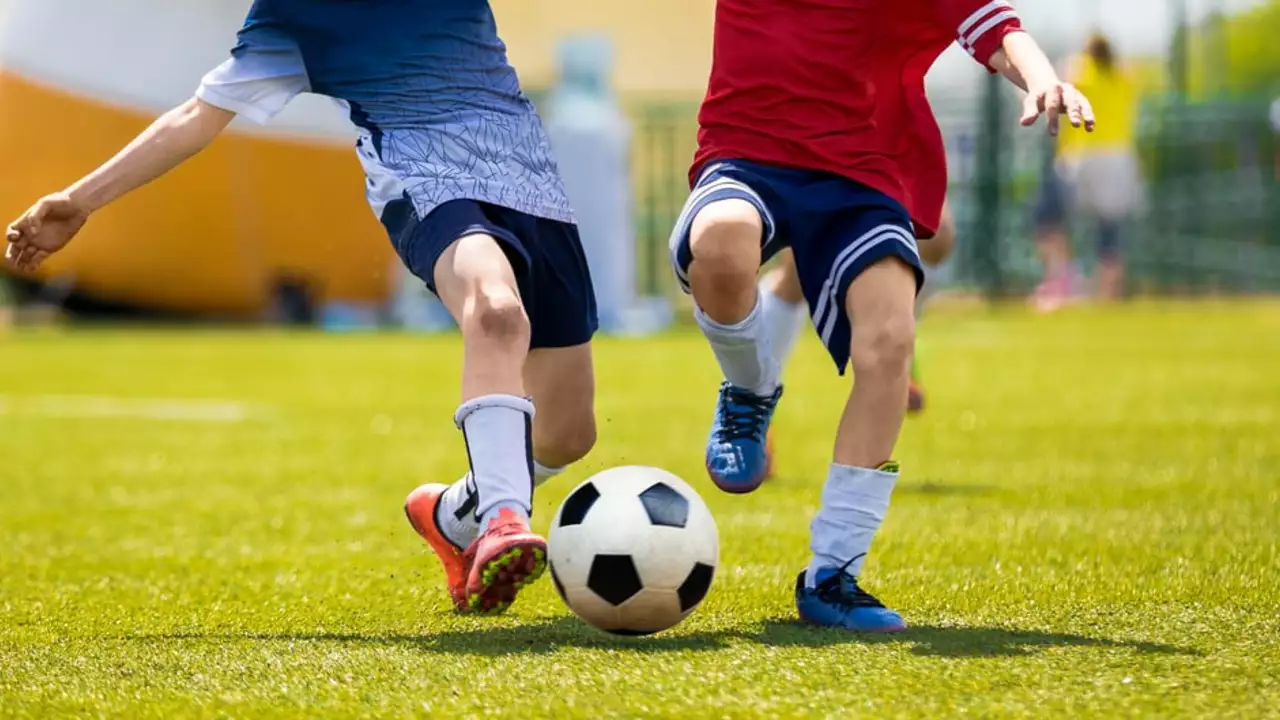Understanding Football/ Soccer Goals
Before we delve into the nitty-gritty of whether football or soccer goals are spontaneous or part of planned plays, it's important to understand what these goals are. A goal in football or soccer is the ultimate point of the game. It is the moment when the ball crosses the goal line between the goalposts and beneath the crossbar, scored by the team attacking that goal. The team that scores the most goals by the end of the match wins. However, the process of scoring isn't as simple as it sounds and brings us to the question at hand.
Recognizing the Spontaneity in Goals
We often see footballers scoring spectacular goals seemingly out of nowhere. These goals, often the result of a moment of individual brilliance, seem spontaneous and unplanned. They appear as a result of a sudden opportunity or a moment of inspiration. Sometimes, they’re the outcome of sheer luck or a mistake from the opponent. Such goals are thrilling and showcase the unpredictability and excitement of the sport.
Decoding the Strategy Behind Goals
On the flip side, many goals in football are the result of well-thought-out strategies and planned plays. Teams spend countless hours practicing set pieces, building up plays, and perfecting finishing techniques. These planned goals often involve intricate passing sequences, tactical movements, and precise execution. By carefully observing these goals, one can see the evidence of meticulous planning and practice.
Set-Pieces: A Blend of Planning and Spontaneity
Set pieces such as free kicks, corner kicks, and penalties are an interesting blend of spontaneity and planning. While the initial setup is planned, the execution often involves a degree of spontaneity. The player might decide to shoot directly at the goal, pass to a teammate, or even attempt a trick shot depending on the situation. Thus, set-pieces offer a unique mix of both elements.
The Role of Coaches in Goal Scoring
Coaches play a significant role in planning the team's strategies, including those for scoring goals. They analyze the opponent's weaknesses, devise tactics, and train the team accordingly. However, once the match begins, it's up to the players to implement these strategies and adapt to the changing dynamics of the game. This often leads to spontaneous decisions on the pitch that could result in goals.
The Impact of Player Skills and Abilities
The skills and abilities of individual players also play a crucial role in goal scoring. A player’s dribbling ability, shooting accuracy, speed, and decision-making skills can greatly influence whether a goal is scored. While these abilities can be honed through training, their application during the game often involves a fair amount of spontaneity.
Importance of Teamwork and Communication
Football is a team sport, and scoring a goal often involves efficient teamwork and communication. Players need to coordinate their movements, pass accurately, and create opportunities for scoring. While some of these actions are part of planned plays, others occur spontaneously during the match, again emphasizing the blend of both elements in goal scoring.
Conclusion: A Fine Balance of Both
So, are football/soccer goals spontaneous or part of planned plays? The answer is – they’re a fine balance of both. While planning and strategy form the foundation, the unpredictability of the game and individual player brilliance add a layer of spontaneity. It's this unique combination that makes football/soccer one of the most thrilling sports in the world.
